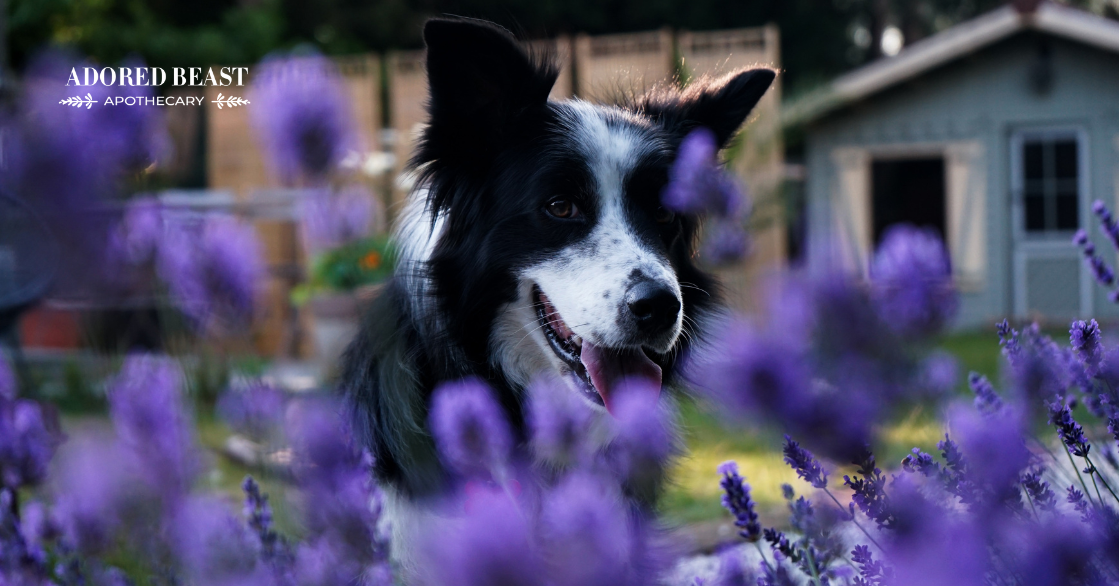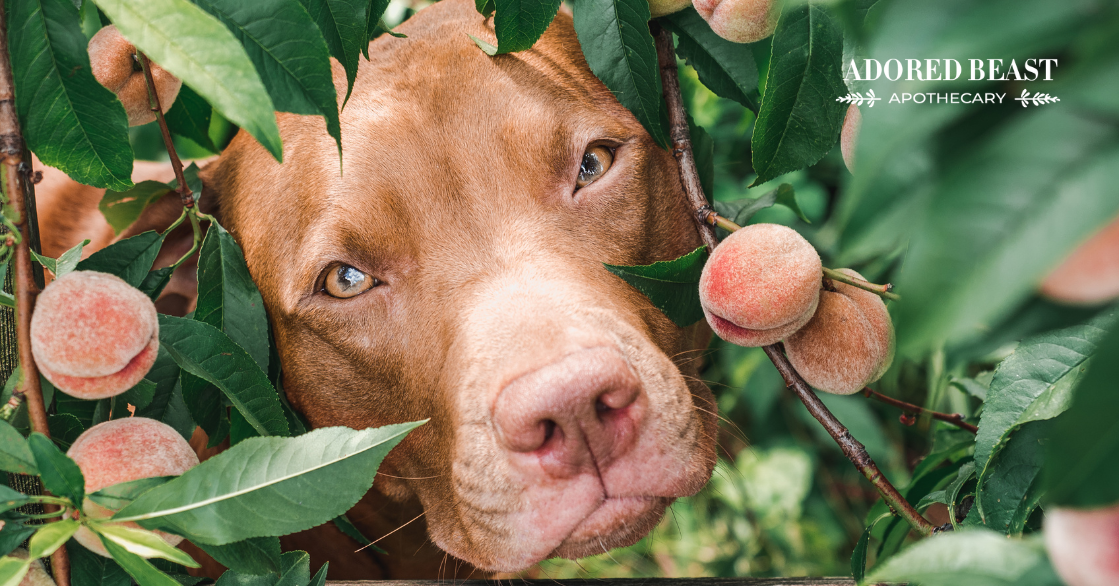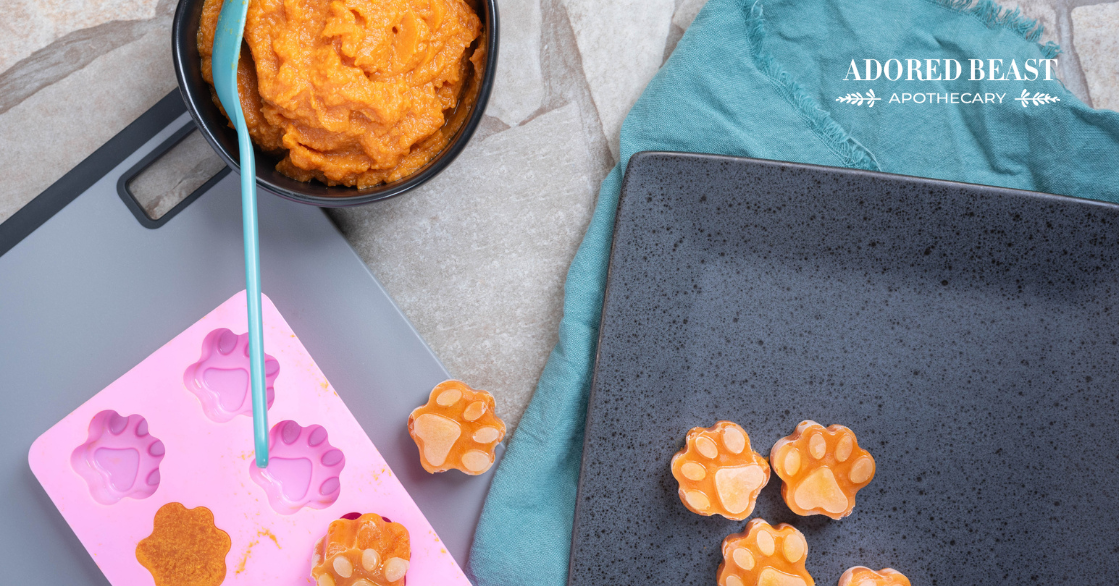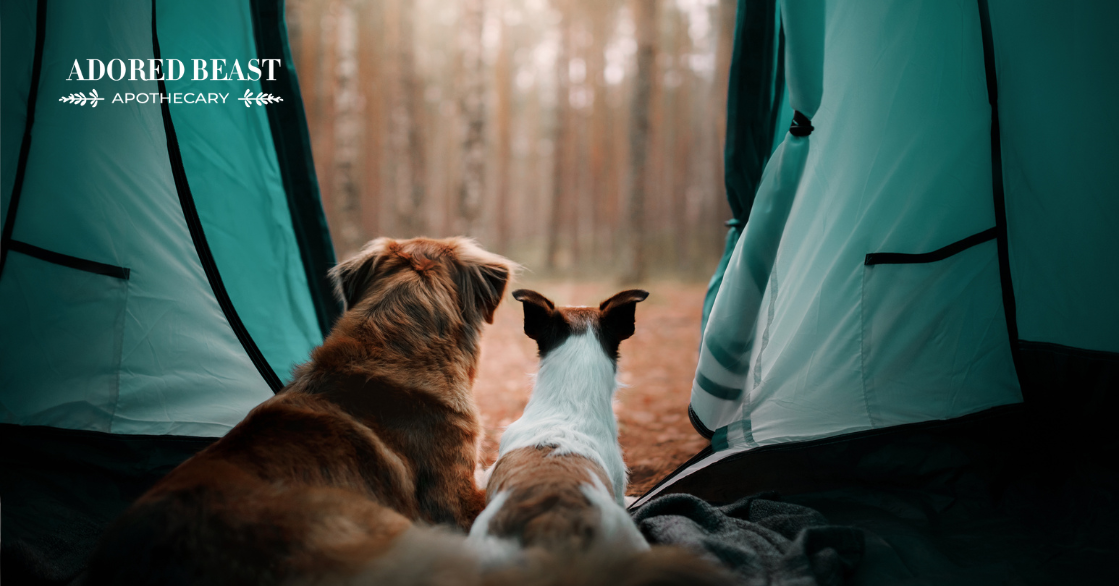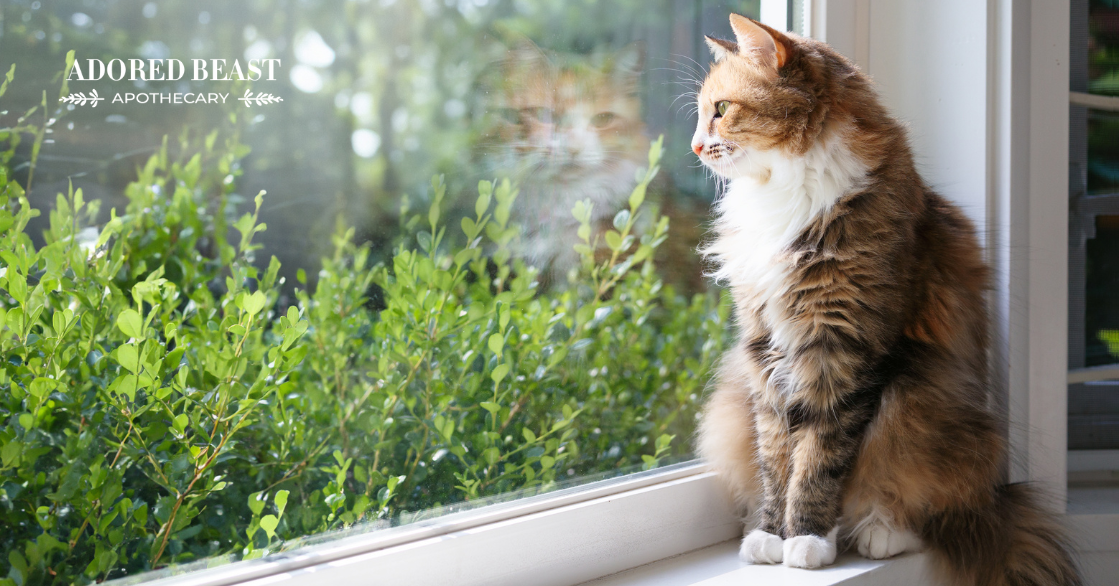Summer is officially here! While many of us have already been out digging in the dirt, others may not have had the chance yet.
And even if you’ve already been planting, it’s always a good idea to focus on pet-friendly gardening as you tend those flowers and vegetables over the summer.
Before you get planting, or before you head out for “pest control,” take a quick review of our pet safe garden guide. Our animals spend a lot of time outside in the summer, and you want to keep them safe.
Creating a Pet Safe Garden
When it comes to your garden, there are many different things you need to think about to make sure it’s as safe as possible for your pets. Both dogs and cats are curious creatures, and if they head out into the yard, you want to think about all of the following.
1. Planting for Pets
There are many common flowers and plants that are perfectly safe – even good – for pets. That said, there are also many that are unsafe for dogs and cats. The danger could be in the flower, fruit, roots, or leaves.
Some plants to avoid are:
- Lilies
- Daffodils
- Foxgolves
- Rhododendron
- Ivy
- Chrysanthemums
- Tulips
- Oleander
- Geraniums
If you’re ever unsure, just Google it. It’s always better to check first!
Instead, choose these pet-safe flowers and edible plants to fill your garden:
- African violets
- Marigolds
- Snapdragons
- Impatiens
- Pansies
- Magnolia Bush
- Sage
- Lavender
- Sunflowers
- Zinnia
- Petunias
- Herbs – basil, thyme, cilantro, mint, chamomile
- Cat grass
If you can purchase bee-friendly flowers and non-GMO or heritage seeds, those are always best.
Do some research before planting anything that could potentially harm your animals.
Also, be wary of any plants with thorns, or any that are prickly, and could hurt your pet!
2. Non-toxic Pest Control
Once the flowers and edibles are planted, how do you keep the pests away?
Far too many garden pesticides contain really harmful chemicals. And our animals get up close and personal while they’re out there roaming around. We say No Way to any and all of these dangerous options.
Rather than turning to chemical-based pesticides, consider the natural alternatives. There are many to choose from.
- Diatomaceous Earth (DE) – this powdery, pet-safe substance is made from fossils called diatoms. Insects with exoskeletons dehydrate when coming in contact with diatomaceous earth, but it won’t harm your pets. Use food-grade DE, and sprinkle it wherever you see signs of unwanted insects. (Let it settle and get damp before letting your pet in the area. Inhaling it can be irritating, for both you and your pet.)
- Beneficial Nematodes – Nematodes attack and kill insects by either injecting deadly bacteria or entering the host, parasitizing, and then feeding on it. They feast on cutworms, grubs, weevils, chinch bugs, and other garden pests, but are harmless to humans and pets.
- Pest-repelling Plants – Basil, catnip, lavender, lemon balm, peppermint, and rosemary are all pet-safe plants that naturally repel insects without harming your animals. Place small pots in or around the backyard, or plant these right in the garden. You can also take small mesh bags and fill them with the fresh herbs and hang them around to keep pests at bay.
3. Good Ground Cover?
To keep things really tidy, many gardeners opt for mulch. It can really help to discourage weed growth in the garden and can even have additional benefits, both to the plants and your pets.
But not all are a good – or safe – choice.
Cocoa bean mulch or cocoa shell mulch is the perfect example of a NO-GO. It’s made from cocoa beans, which is of particular concern for our dogs. Don’t use this in your garden if you have a dog.
Options that are a better choice include wood-based mulches. Cedar or pine are ok, and cedar can even help repel fleas, which is awesome.
Always make sure that the mulch you buy isn’t soaked in a pesticide, or that a pesticide is added. You always want pesticide-free.
Rubber is another option. Make from recycled rubber from things like old tires, this mulch is not only helpful for the environment – they’re keeping that plastic out of landfills – but they won’t pose a toxic risk to your pet. That said, always check the manufacturing list of composition to make sure nothing is toxic.
4. Pet Proofing
But what if you want to add things to the garden that may not be best for your pet – planting onions for example? Don’t worry, you can simply add some protective barriers to keep pets out of that area.
Consider fencing of some sort, even just some decorative barriers, to keep pets out of that section of the garden. Plant those items in out of reach planters, or in hanging baskets. Consider a raised garden bed for veggies you don’t want your pet to eat. (This looks pretty too!)
And, to help encourage them to stay in a certain area, alongside the “no garden” plant a “yes garden” filled with cat grass or herbs your pet can eat!
Also, work on teaching your pet boundaries to encourage them to stay out of the garden or a certain area that is off limits.
[READ NEXT] For more summer safety tips and tricks, read this post next!
The Many Benefits of a Pet Friendly Oasis
There are many reasons to create a pet-safe garden oasis in your backyard. Not only will it keep your own pets safe, it can also help protect any other critters who might come around. Plus, some of those pet-safe plant options are actually good snacks for pets – the herbs do double duty for sure. And even some of the natural pest control alternatives are helpful – the DE to keep fleas away, as the perfect example.
Taking the extra time to figure out what is safe and what isn’t can save you and your pet a lot of trouble. Whenever you’re out there digging in the dirt, consider how what you plant and how you plant it can help – not hurt – your animal.
Digging in the dirt is one of the most de-stressing and helpful things you can do for your (and your pet’s) body, mind, and soul! Happy Gardening!

